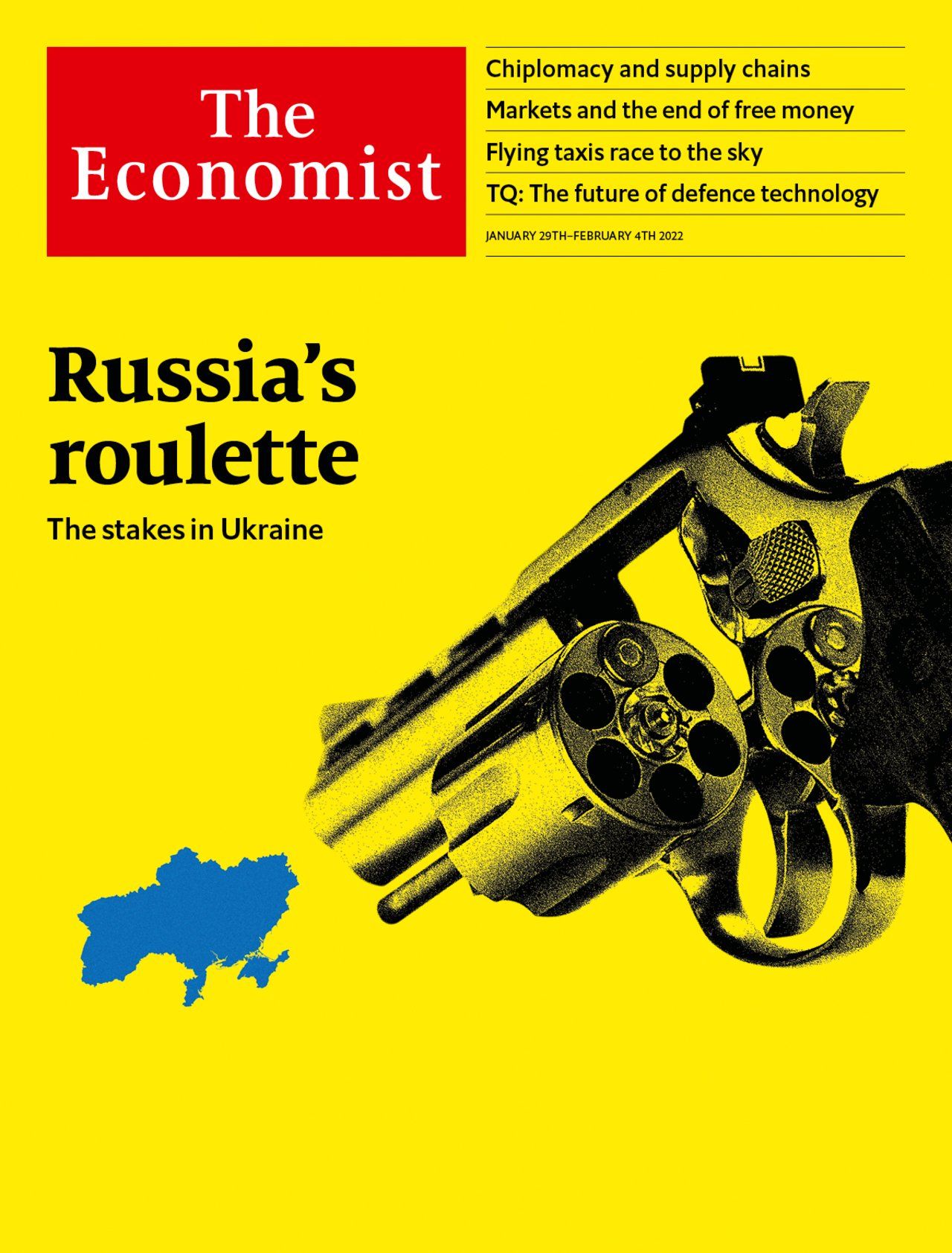How is Omicron affecting the global economic recovery?
High-frequency data suggest the effect may be limited—and short-lived

LATE NOVEMBER almost began to feel like the early days of the pandemic all over again. Global stockmarkets fell as news of what would come to be known as the Omicron variant filtered out and investors feared either another round of restrictions, or that people would shut themselves away. Two months on, Omicron’s impact is slowly coming into focus. So far it is, largely, better than feared. Markets are skittish, but because of the prospect of higher interest rates, rather than covid-19. Goldman Sachs, a bank, has constructed a share-price index of European firms, such as airlines and hotels, that thrive when people are able and willing to be in public spaces. The index, a proxy for anxiety about the virus, has surged relative to wider stockmarkets in recent weeks.
This article appeared in the Finance & economics section of the print edition under the headline “Acquired immunity?”
Finance & economics January 29th 2022
More from Finance & economics

Can anything spark Europe’s economy back to life?
Mario Draghi, the continent’s unofficial chief technocrat, has a plan

Has social media broken the stockmarket?
That is the contention of Cliff Asness, one of the great quant investors

American office delinquencies are shooting up
How worried should investors be?
China is suffering from a crisis of confidence
Can anything perk up its economy?
America has a huge deficit. Which candidate would make it worse?
Enough policies have been proposed to make a call
Why Oasis fans should welcome price-gouging
There are worse things in life than paying a fair price
